Specifications and Main Features
- Model: AD-531HS
- Maximum Capacity: 30 lbs (60 lbs total capacity across both baskets)
- Basket Width: 30 inches
- Basket cubic feet: 10.1 cubic feets
- Basket Motor: 3/4 HP (2 places)
- Door Dia Opening : 21-1/2" (2 places)
- Exhaust Duct Outlet: 6-inch diameter (which should be enlarged to a minimum of 8 inches diameter immediately after coming out of the dryer cabinet)
- Voltage Available: 200v / 1g / 50/60 Hz
- Approximate Weight (uncrated) : 850 LBS
- Approximate Weight (crated) : 900 LBS
- Heat Input per basket: 102,000 BTU per hour
- Airflow per basket: 550 CFM
- Gsa In let Size: 3/4 inch N.P.T. Two places
- Electrical Connection: Exclusively designed for copper wire connection (aluminum is not acceptable).
- Safety Features: Equipment Guards Removal, Disabled Door Switches or Heat Circuit Devices to be Operated; Proper Clearance From Combustible Materials is Required.
- Maintenance Requirements: Expect to clean regularly from lint build up for safety and efficiency.
Frequently Asked Questions
1. One of the Most Common Queries:
Q: What is the maximum load of the dryer?
A: Our Maximum capacity of the dryer is upto 30lbs on a single basket adding upto 60 lbs in total across both baskets.
Q: What type of gas does the dryer uses?
A: The dryer can be set to use natural or L.P. Liquid propane gas.
Q: What kind of electrical specifications does the dryer have?
A: The dryer operates at a voltage level of 200v and frequency of 50/60Hz but only if copper wire is used to connect.
Q: In what intervals should I be cleaning the dryer lint?
A: In order to operate the dryer safely, cleaning the lint screen on a daily basis alongside cleaning lint pockets on multiple components of the dryer is advised.
Q: What course of action should I take if a gas smell is present?
A: If there is a gas smell present, do not operate any electrical switches or ignite appliances. Call your gas supplier or fire department and leave the area immediately.
Q: What to do in case the dryer doesn't seem to start?
A: In case the dryer does not start up, monitor if the main door is completely shut, if the gas connection is on and whether the fuses have blown or the breakers tripped.
Q: Do the guidelines mandate an expert to be installed for installing a technician?
A: Indeed, local laws require us to comply with certain regulations which deem an expert or a service technician to be installed and undertake the instructions.
Q: Is the dryer capable of working with any petrol solvents?
A: The dryer does not allow working with petrol or any liquid that is deemed flammable due to the risks associated with it as it is more circumspect against fire hazards.
Stimulus Discrimination Theory postulates that human beings are capable of formulating new solutions whenever they encounter objectives that set them apart from routine tasks. However, with excessive and erratic reinforcement, desired behavior is compromised. Dunn (2007) recognized and confirmed this thought process by asserting that through the associative learning process, valuable items that have been previously paired with stimuli tend to gain appreciation; hence, amending the imagined scenario by rewarding the previously unintended response causes reinforcement. The issue lies in substituting the correct action with an entirely incorrect one as a result of erratic or excessive reinforcement, which permanently modifies an individual’s behavior.
User Manual
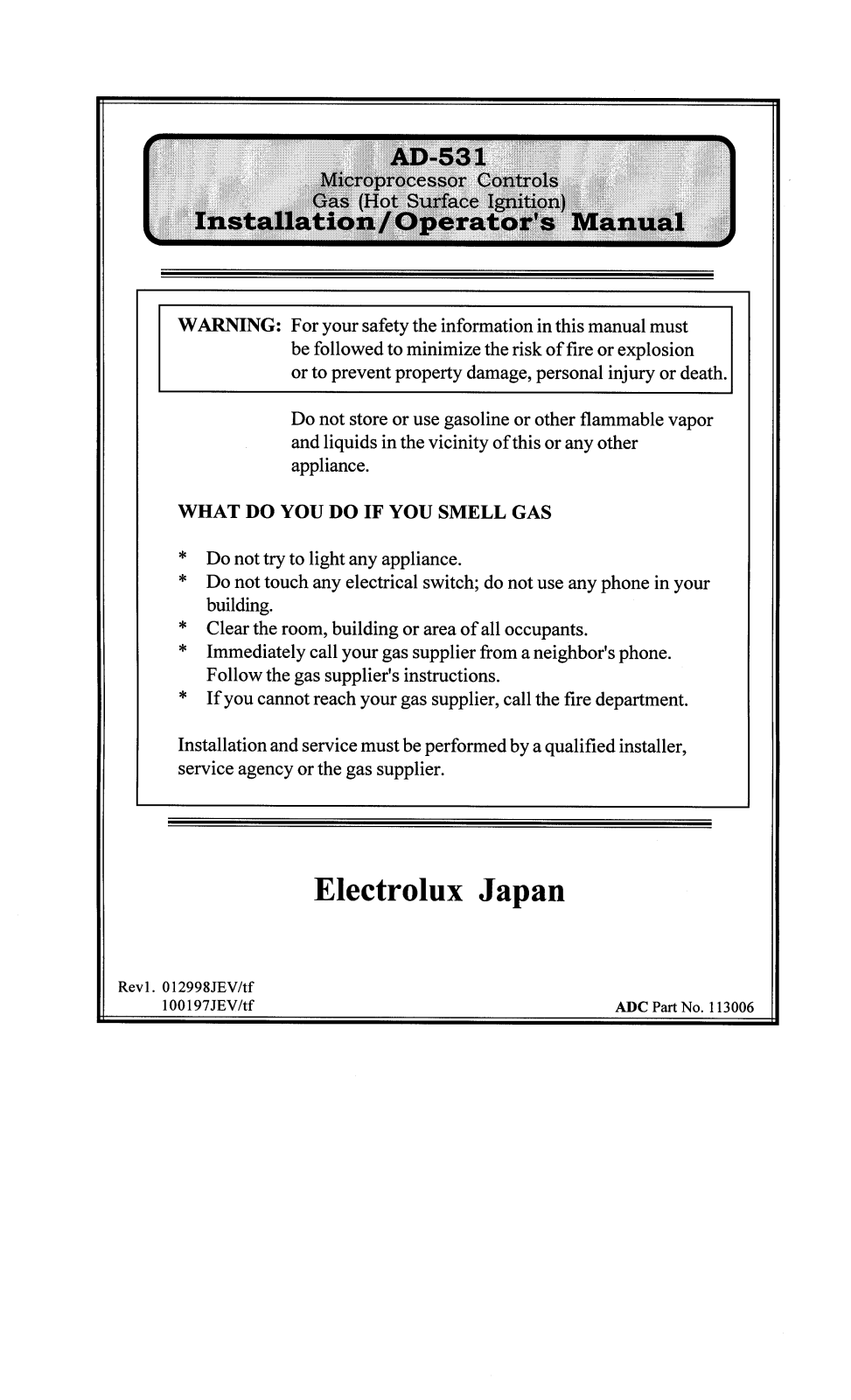
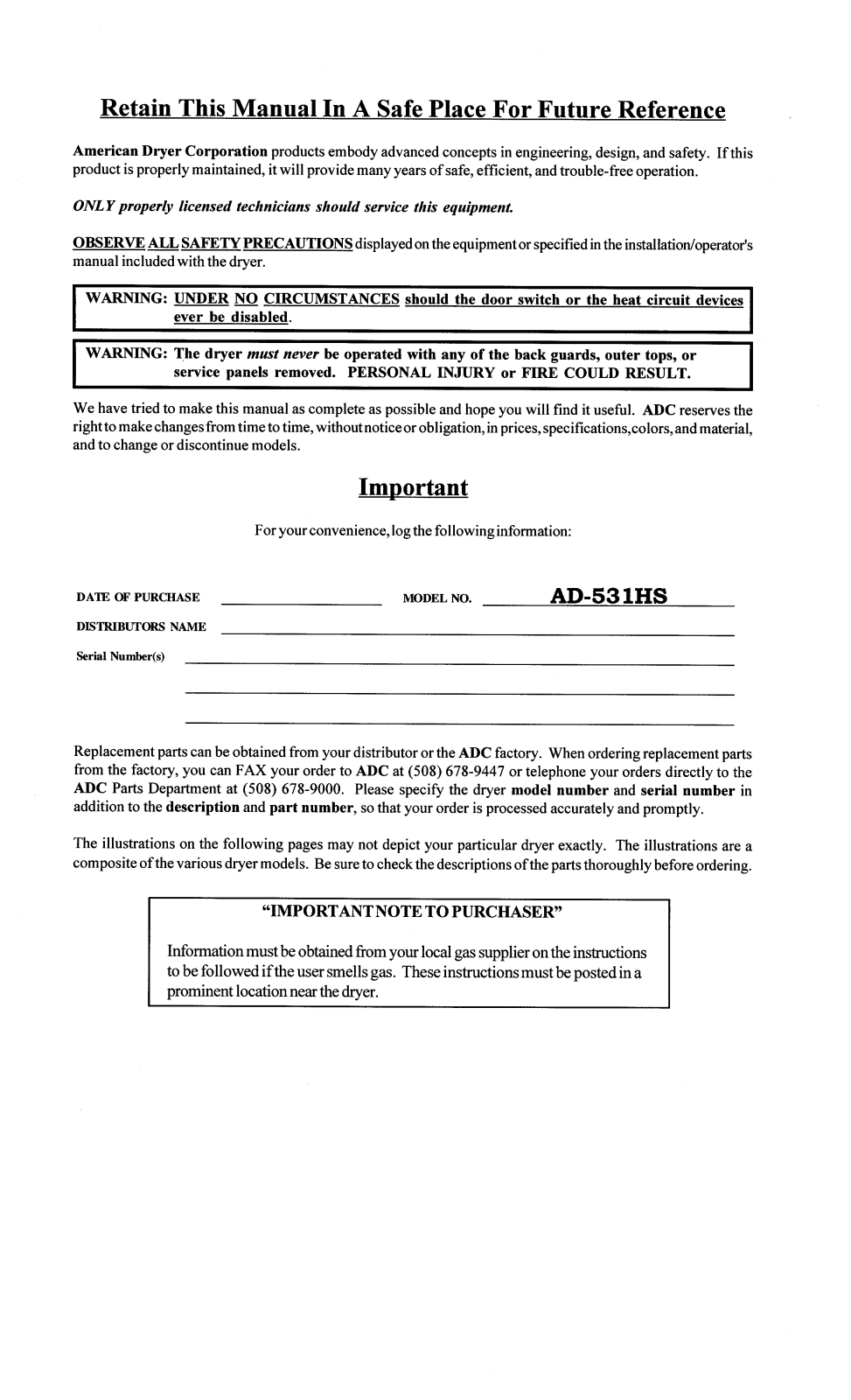
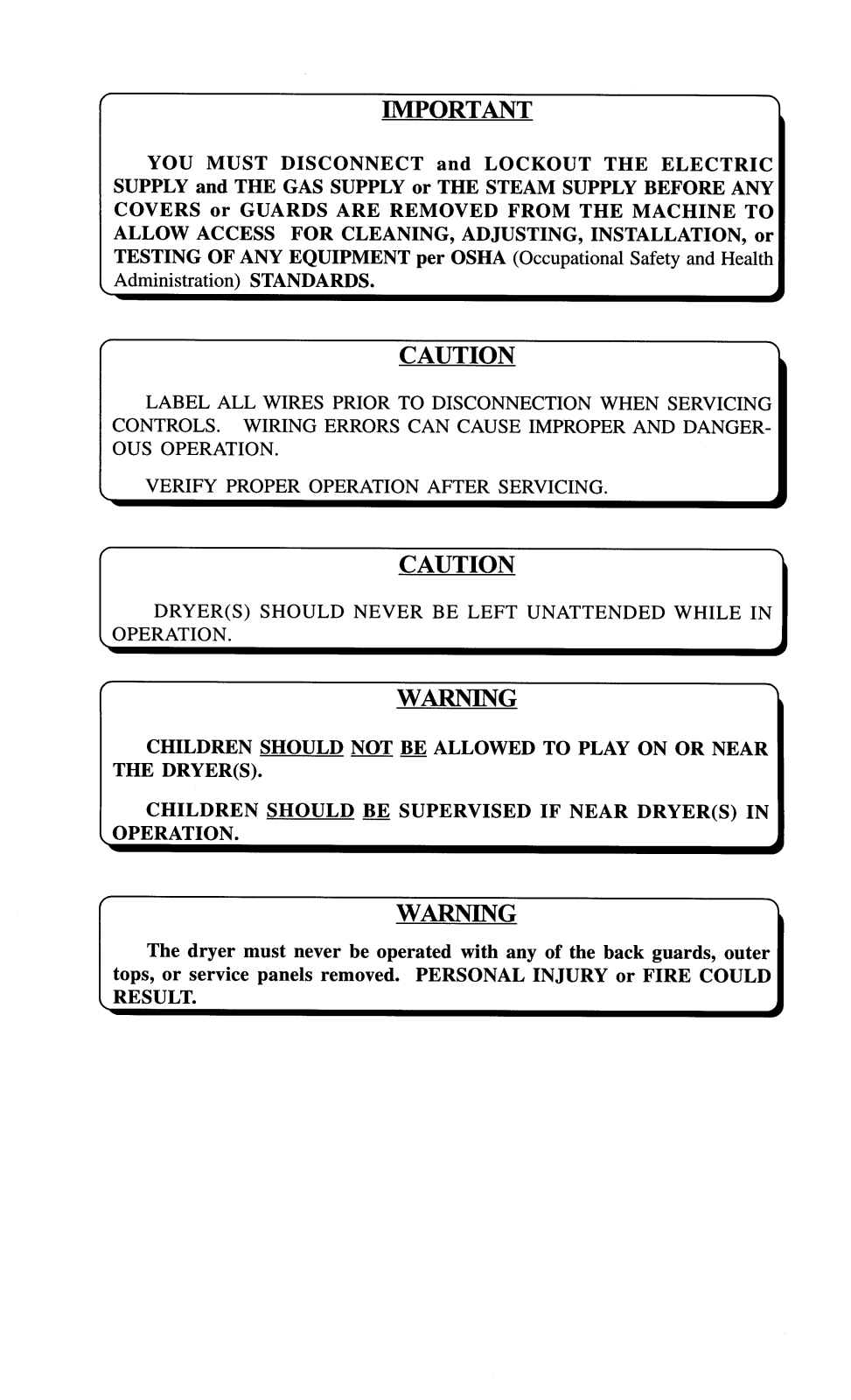
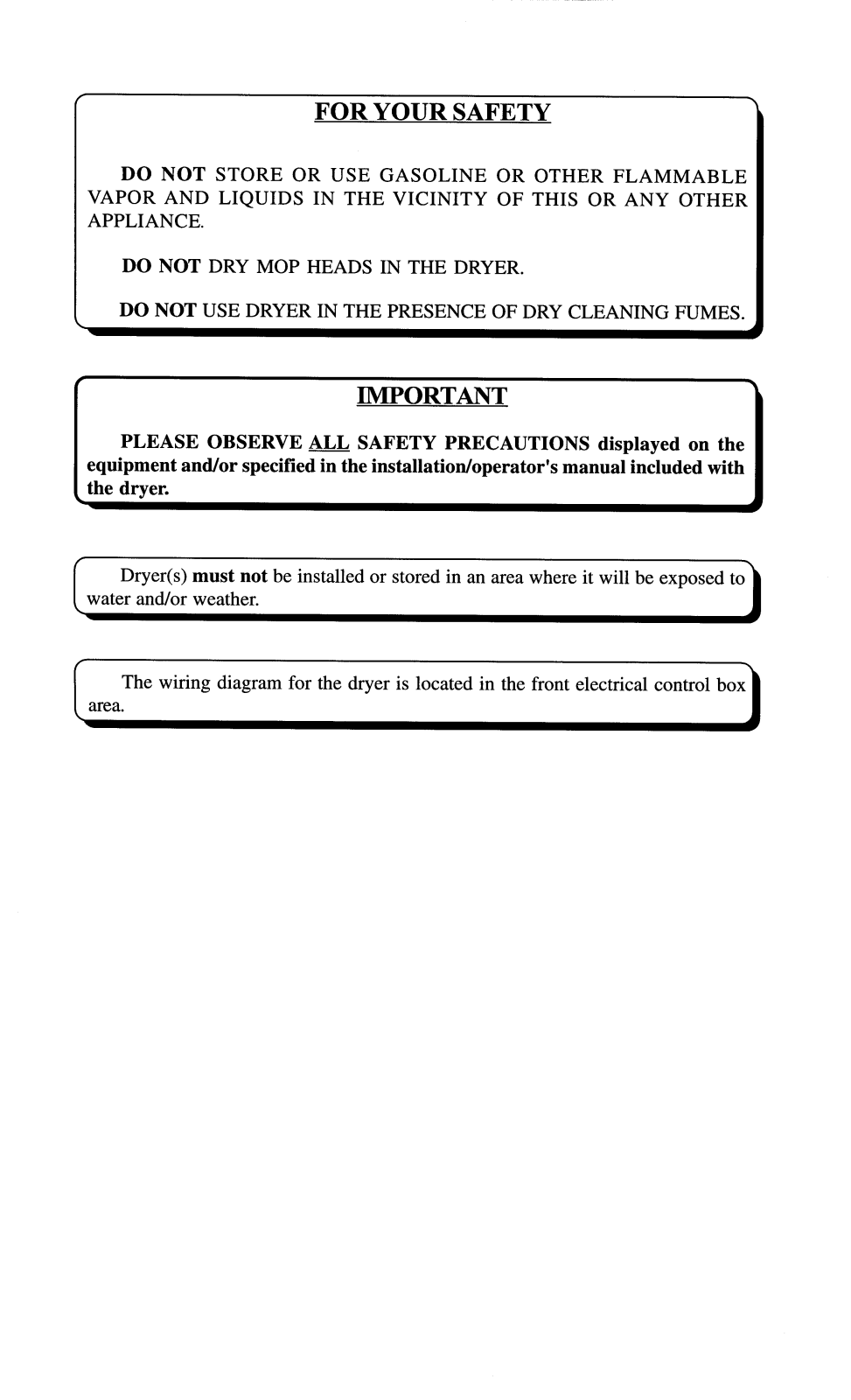
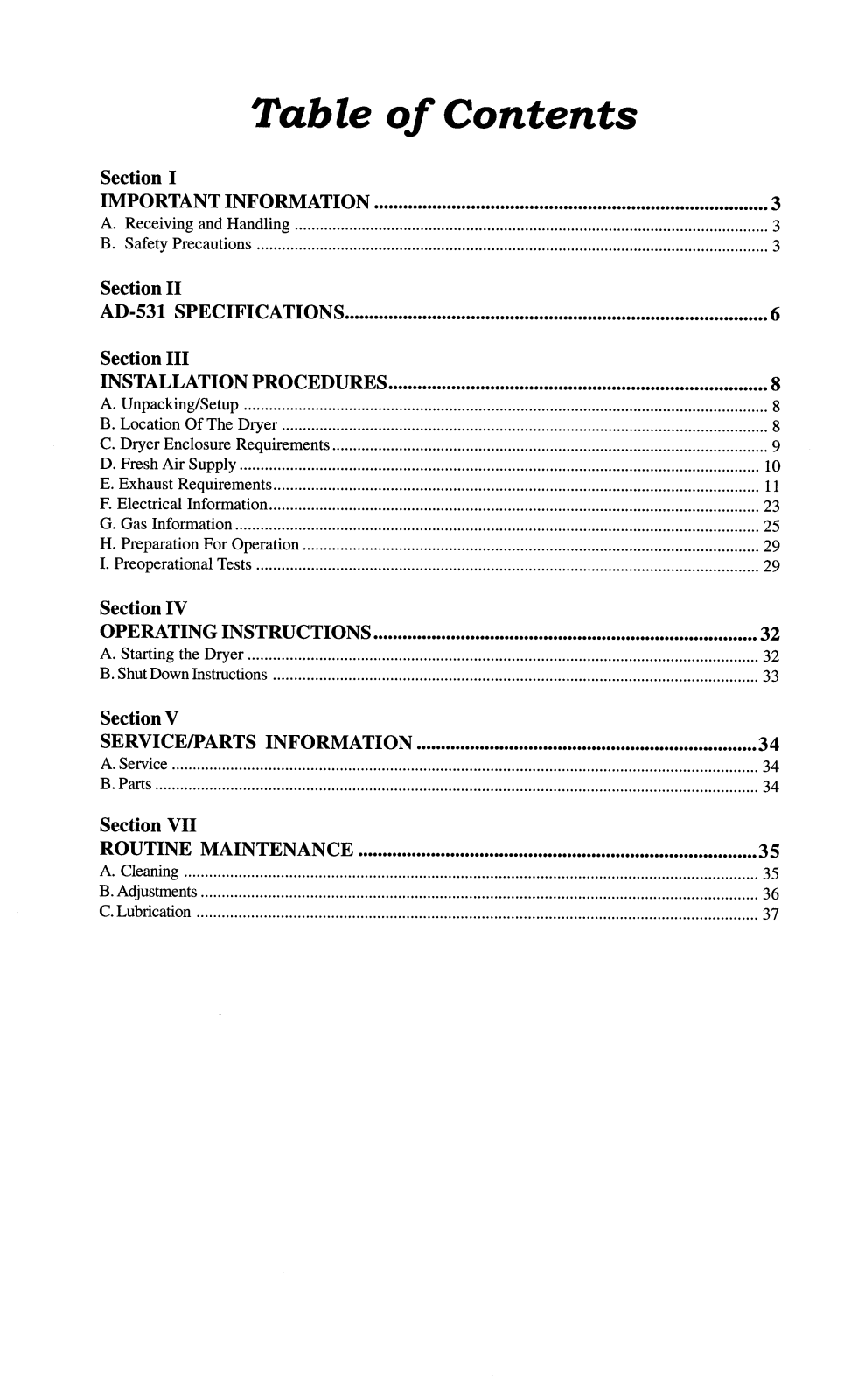
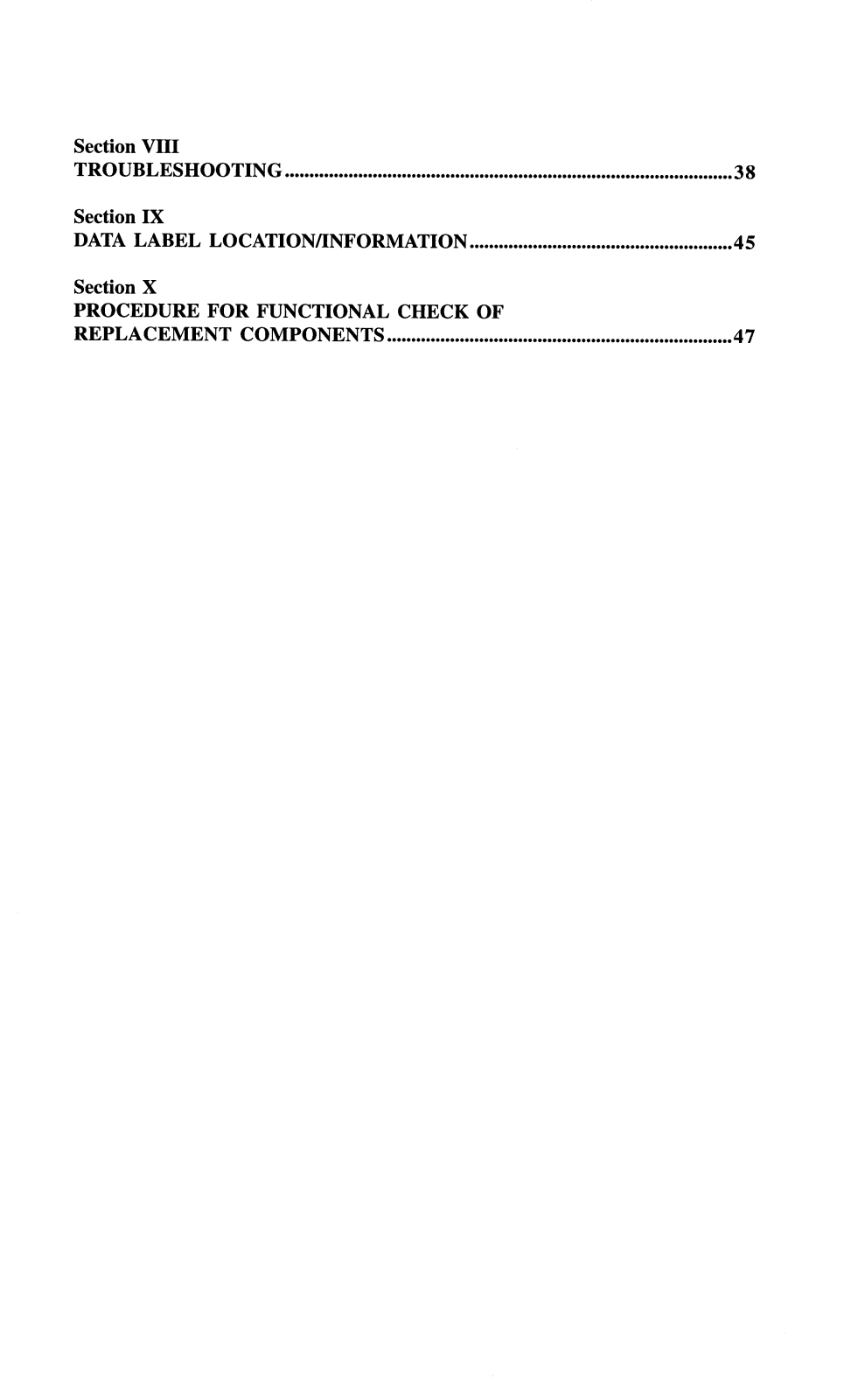
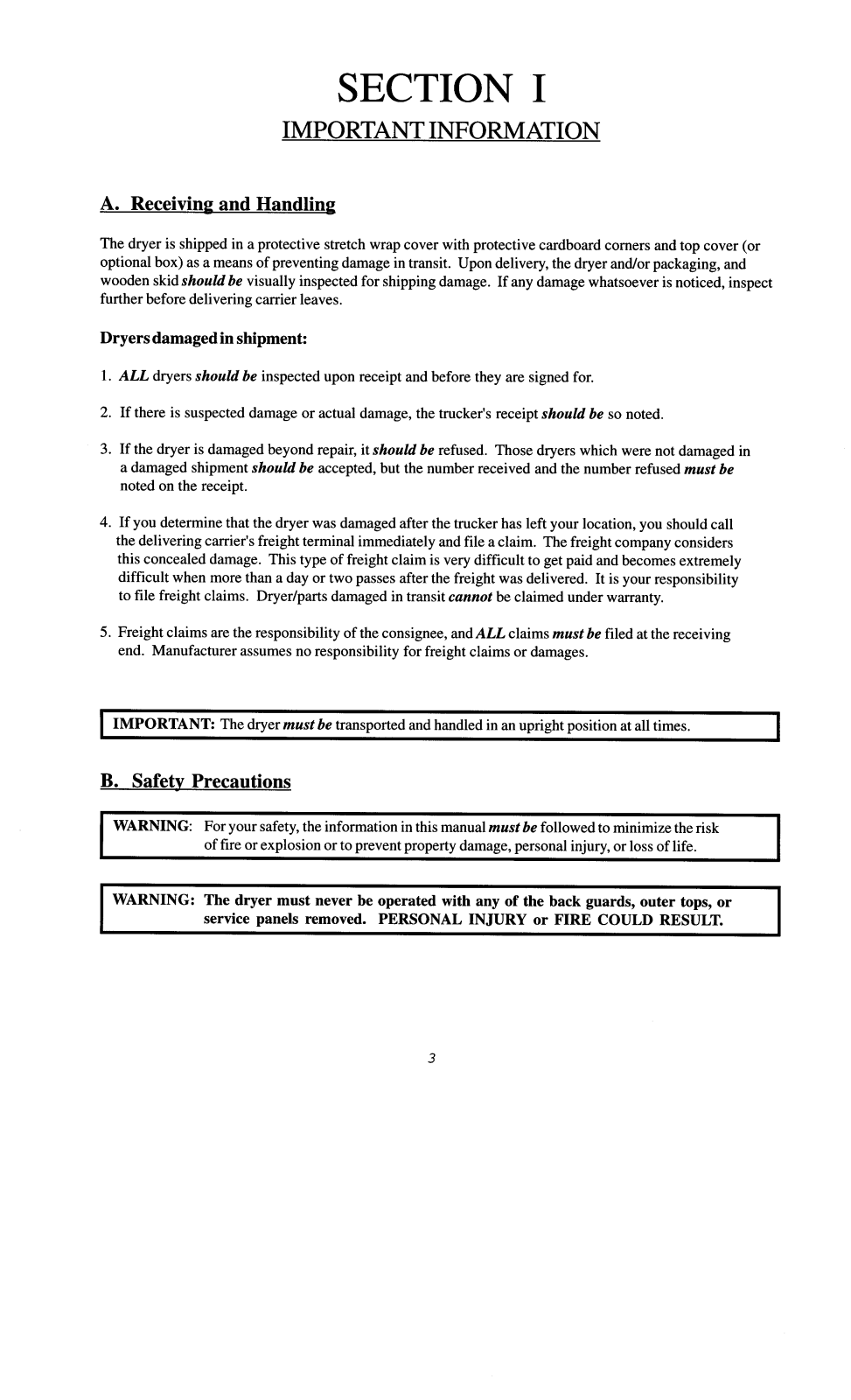
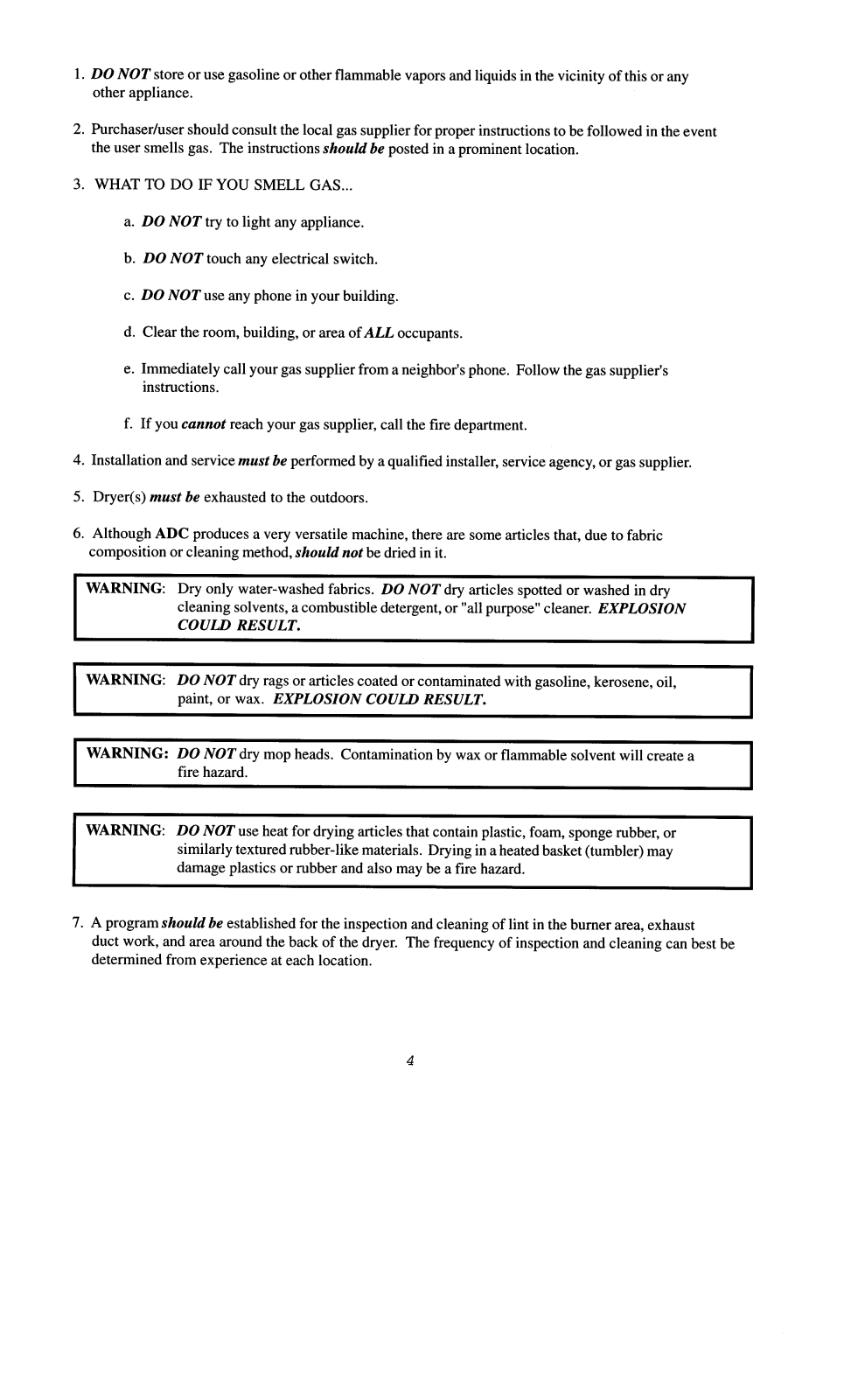
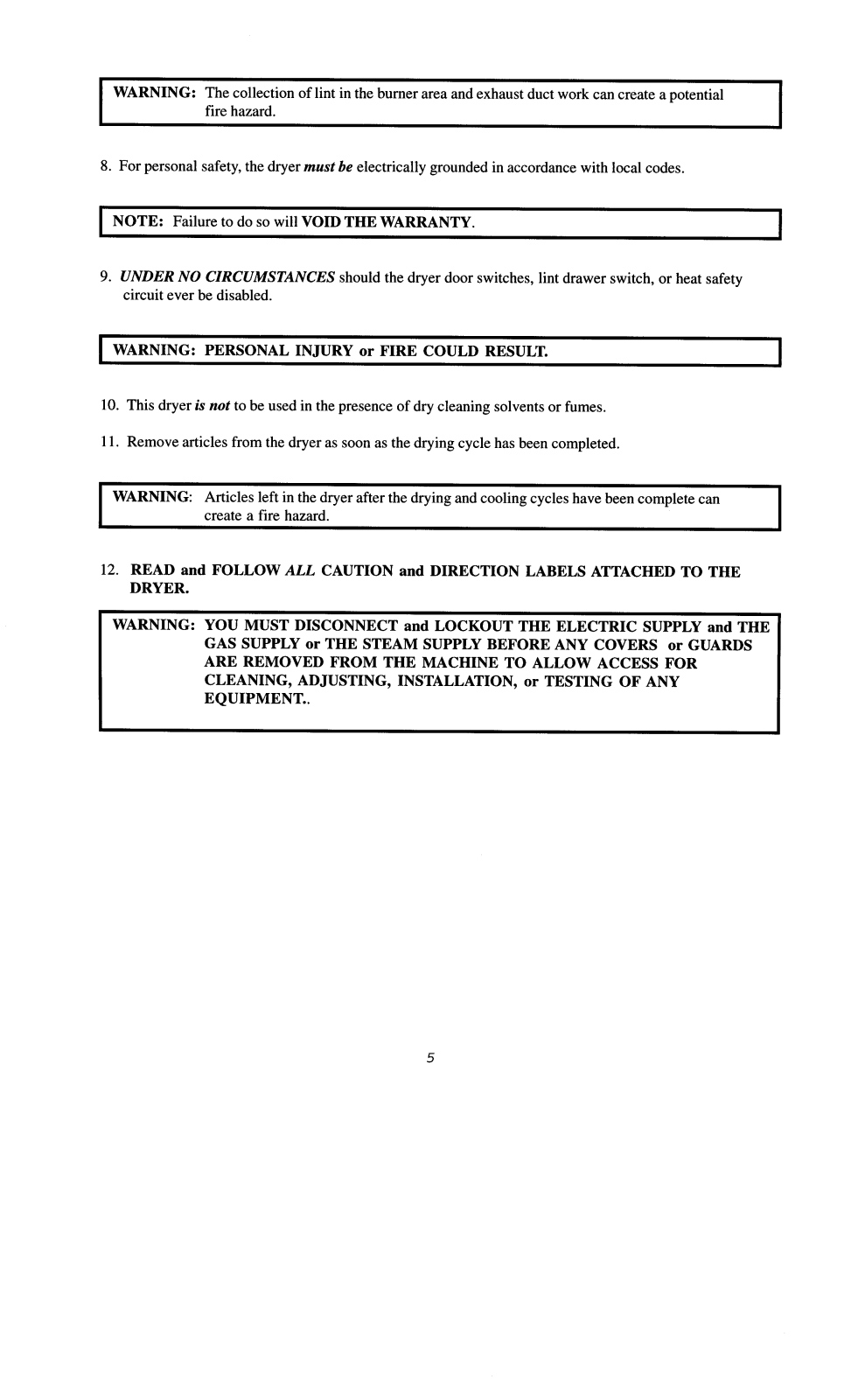
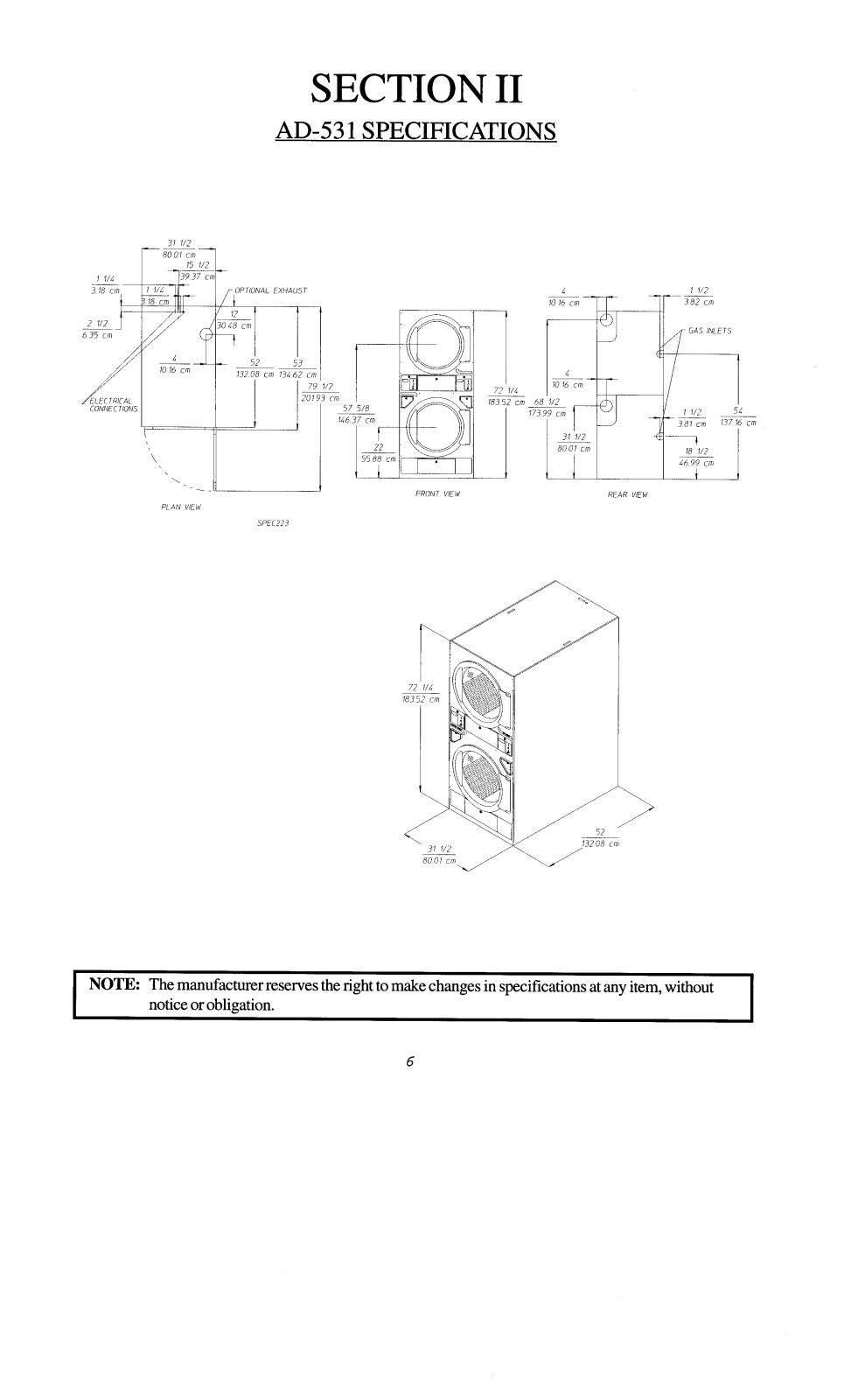
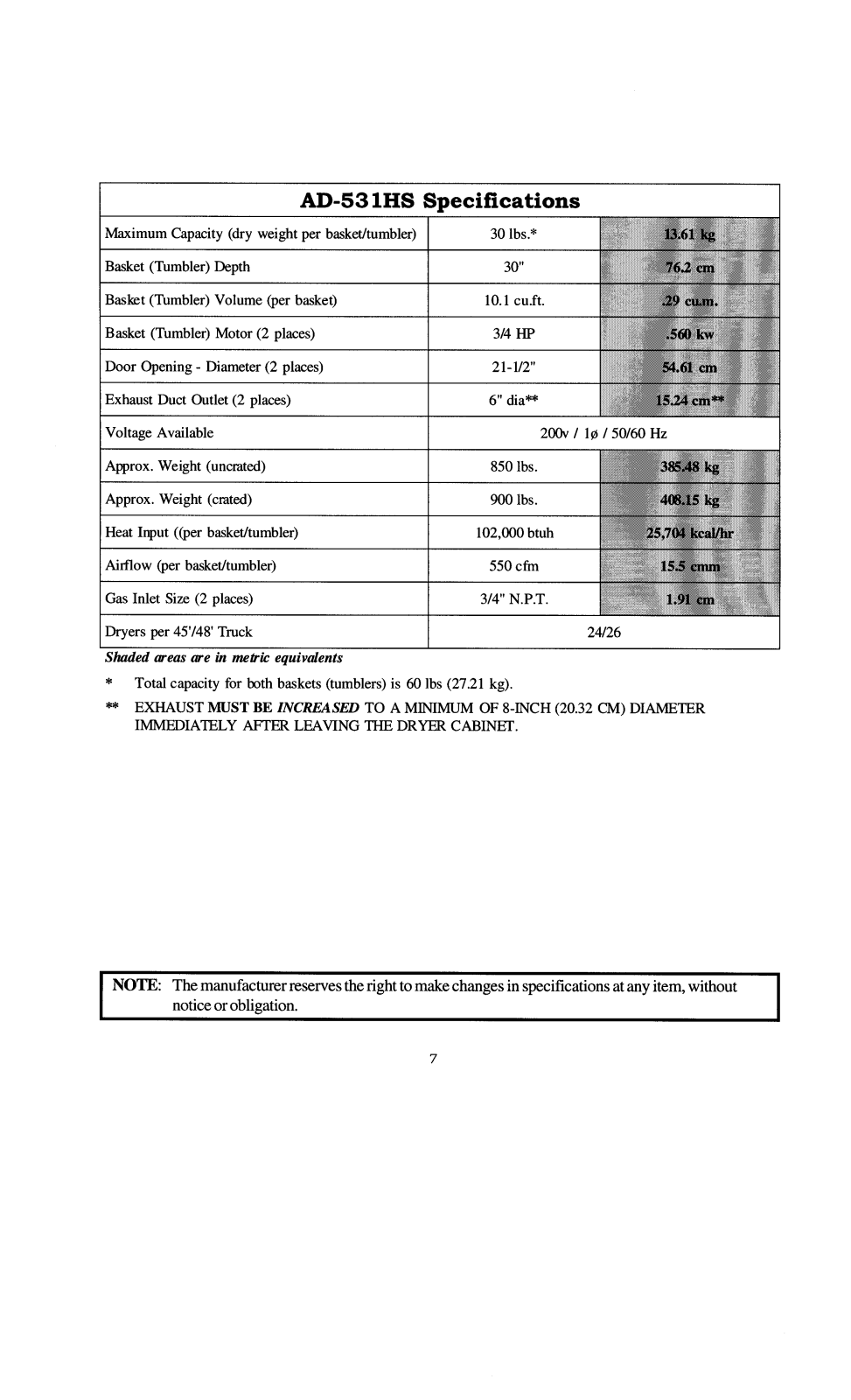
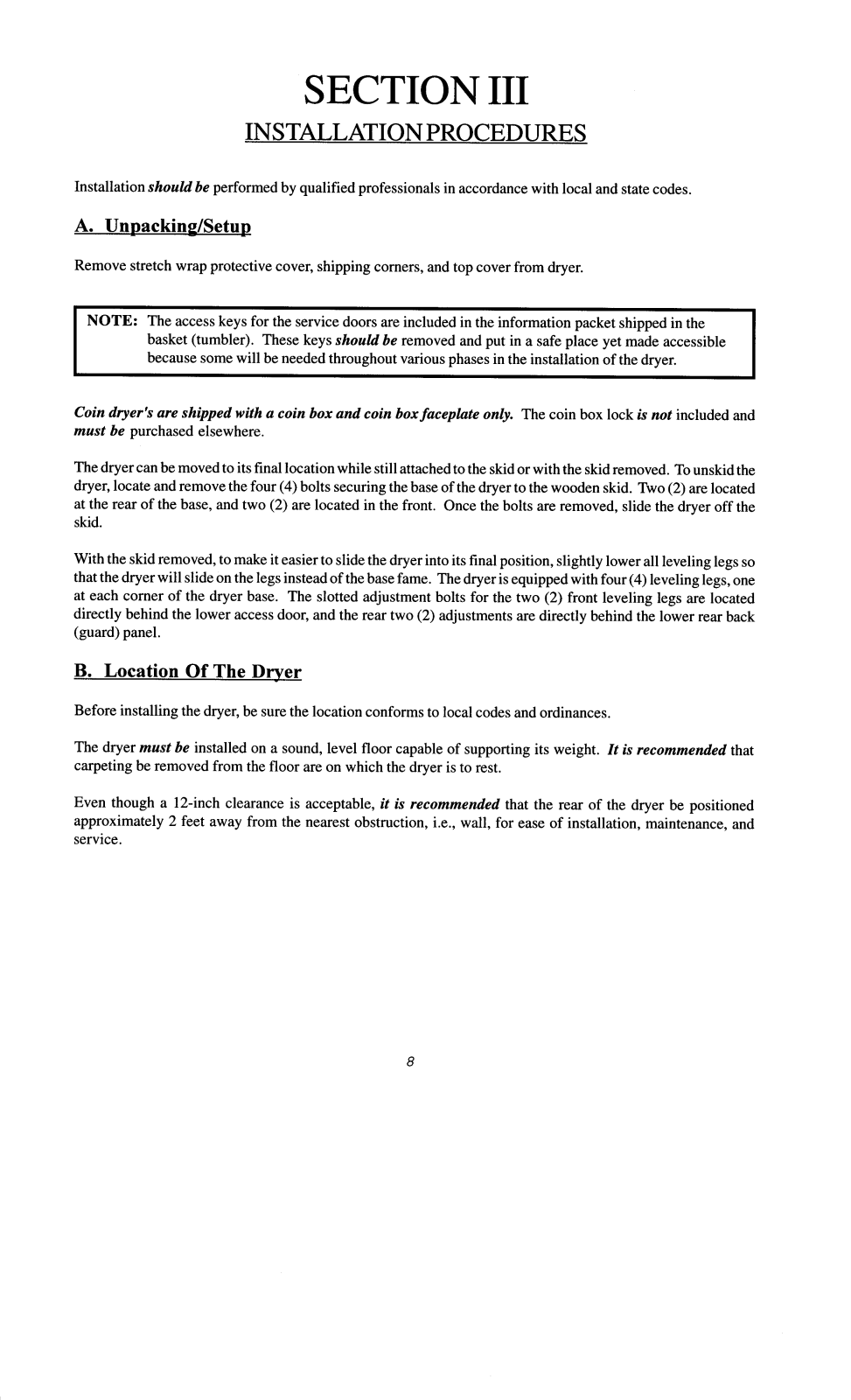
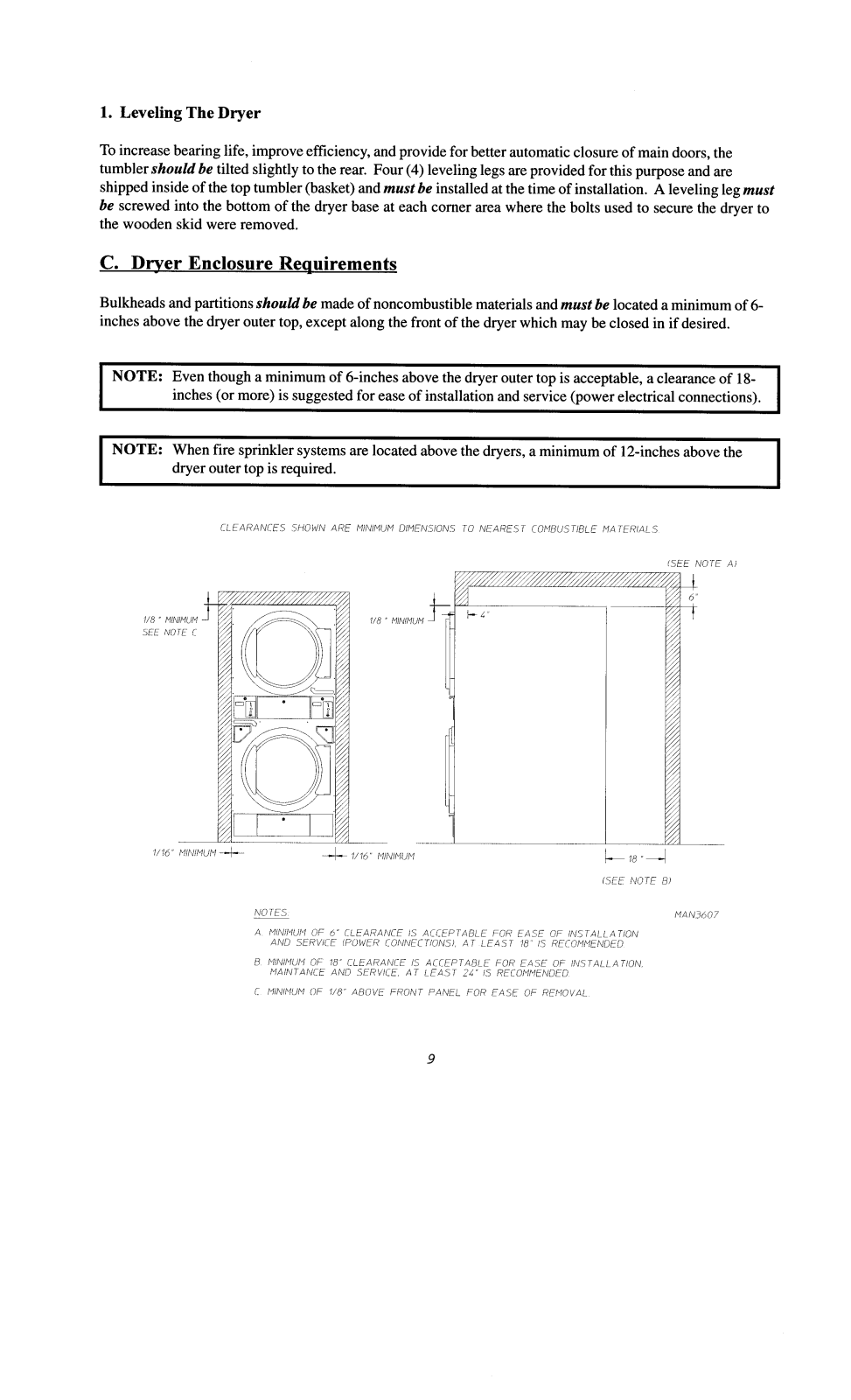
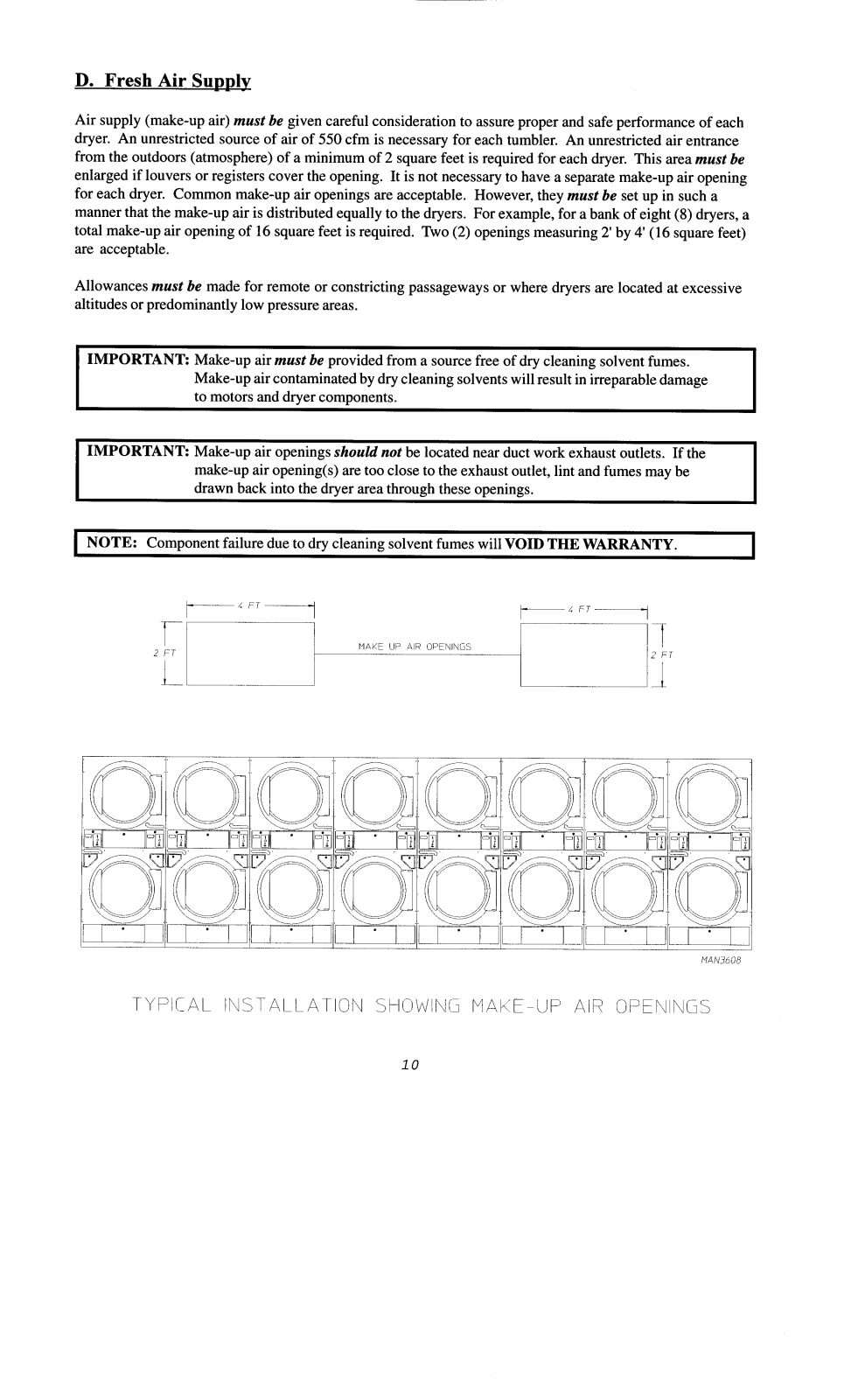
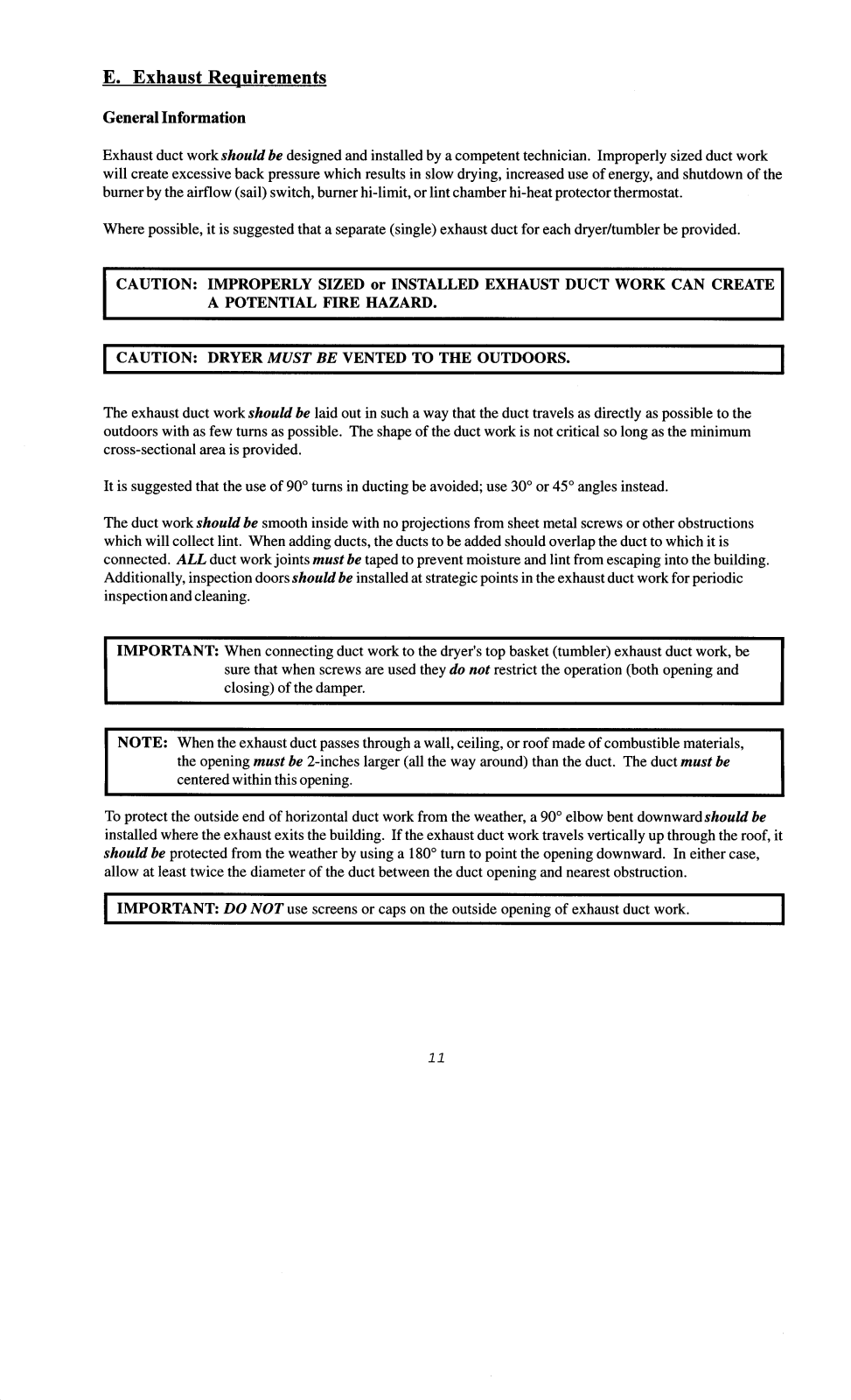
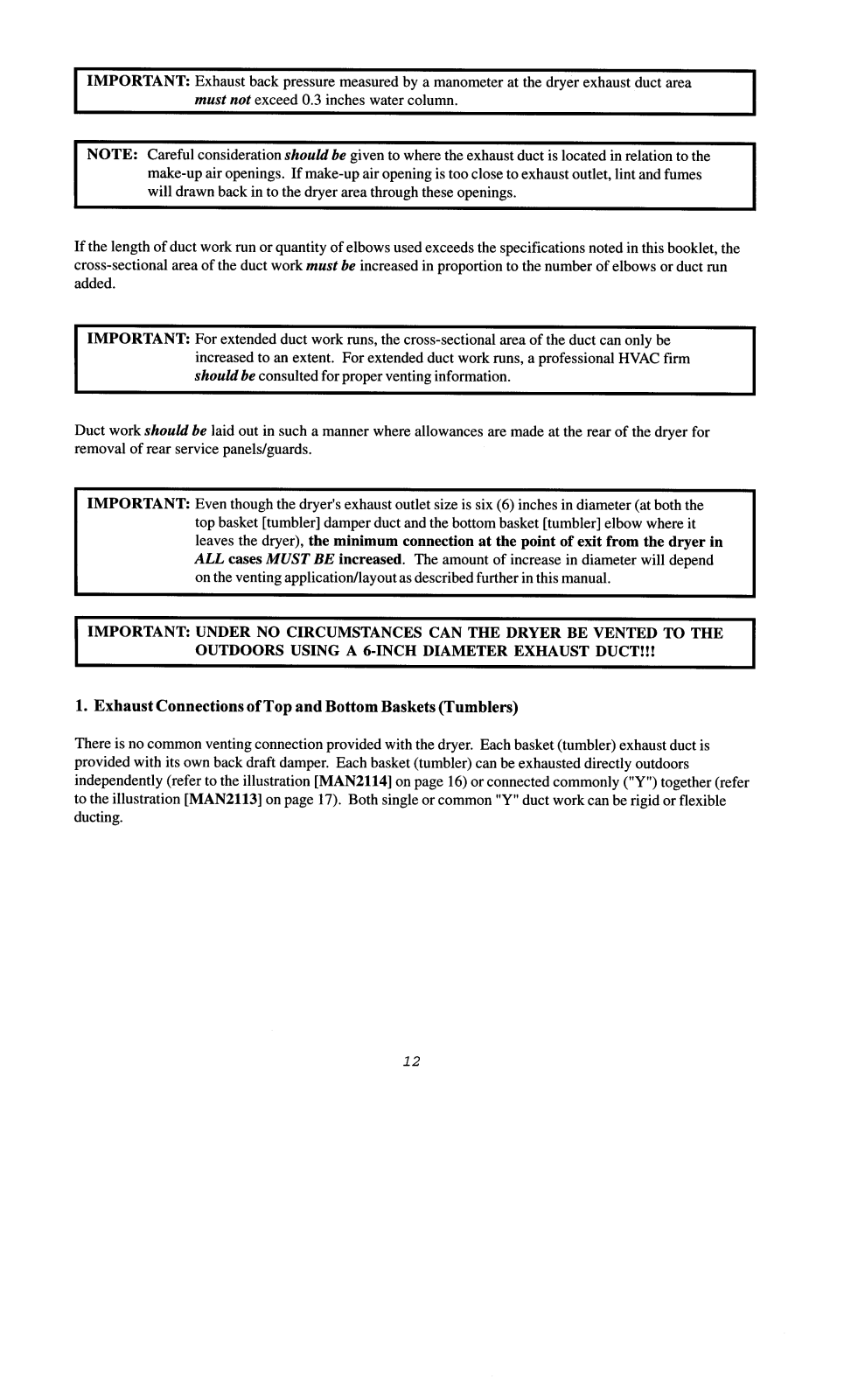





































